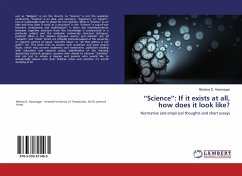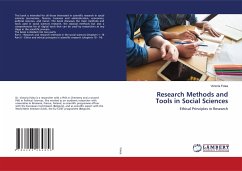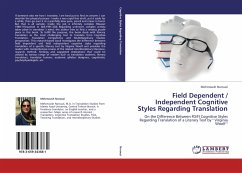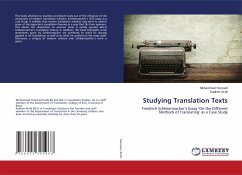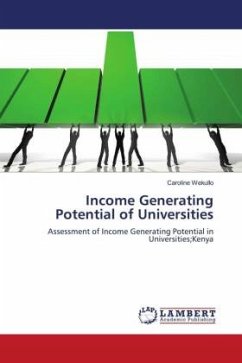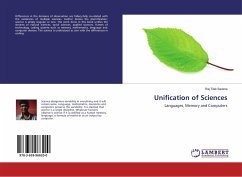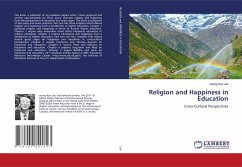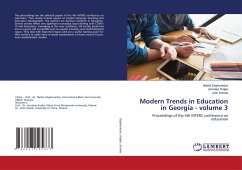Just as "Religion" is not the church, so "Science" is not the academic community. "Science" is an idea, and everyone, "layperson" or "expert", has an unalienable right to shape his own opinion. What is "Science" as an idea and how does it work as a structure? Is the "Science" a tug-of-war between creativeness and stultification? Is there any interdependence between cognitive structure (how the knowledge is constructed) in a particular subject and the academic community structure (intrigues, politics)? What is the relation between science and market? Are all "subjects" and "fields" which are officially institutionalized at the university or research centers of equal "scientific value" or "all that glitters is not gold"? etc. This book tries to answer such questions and pose several issues, which may concern academics and researchers, politicians dealing with education and research policy, stakeholders of the industry sponsoring research projects, persons who dream to become "scientists" and not just to obtain a degree and parents who would like to substantially discuss with their children what and whether it's worth studying at all.
Bitte wählen Sie Ihr Anliegen aus.
Rechnungen
Retourenschein anfordern
Bestellstatus
Storno

